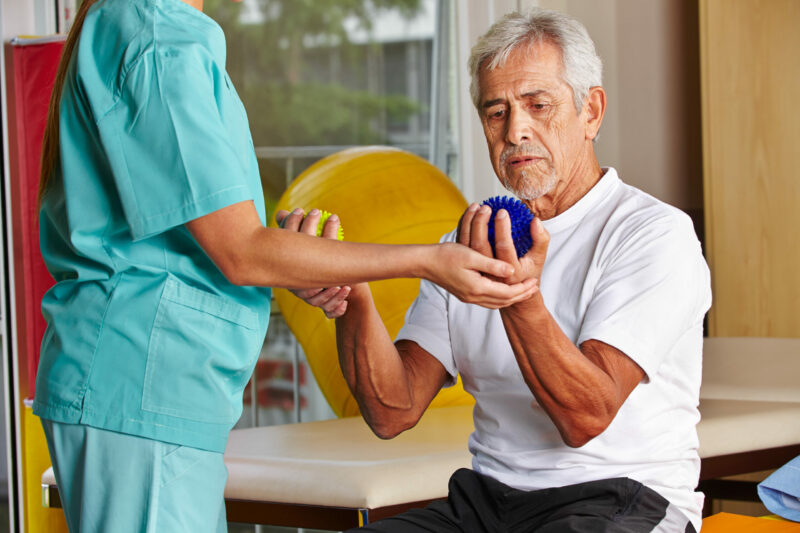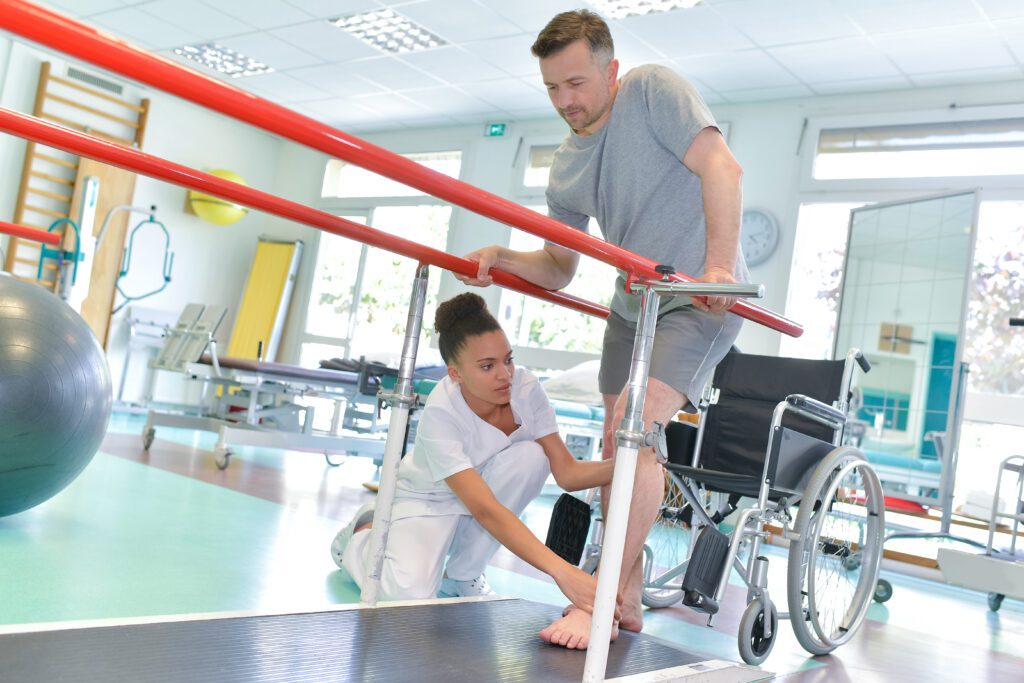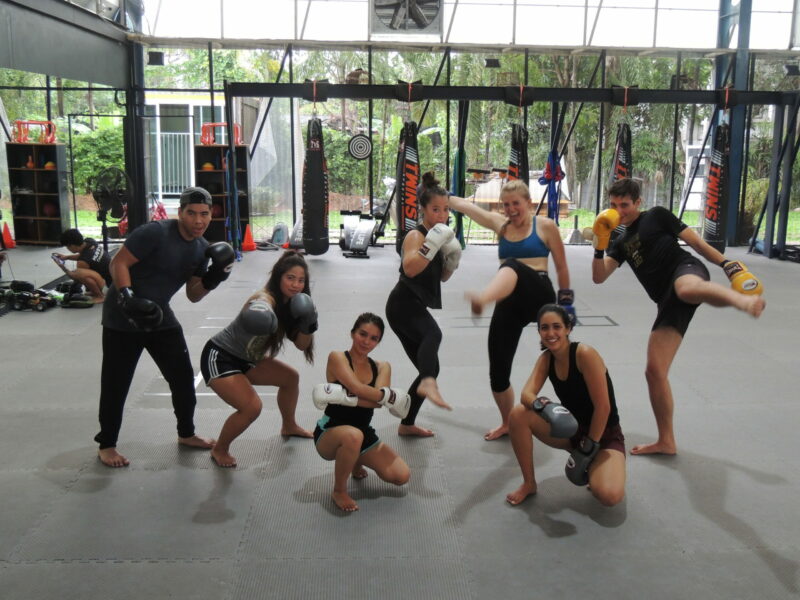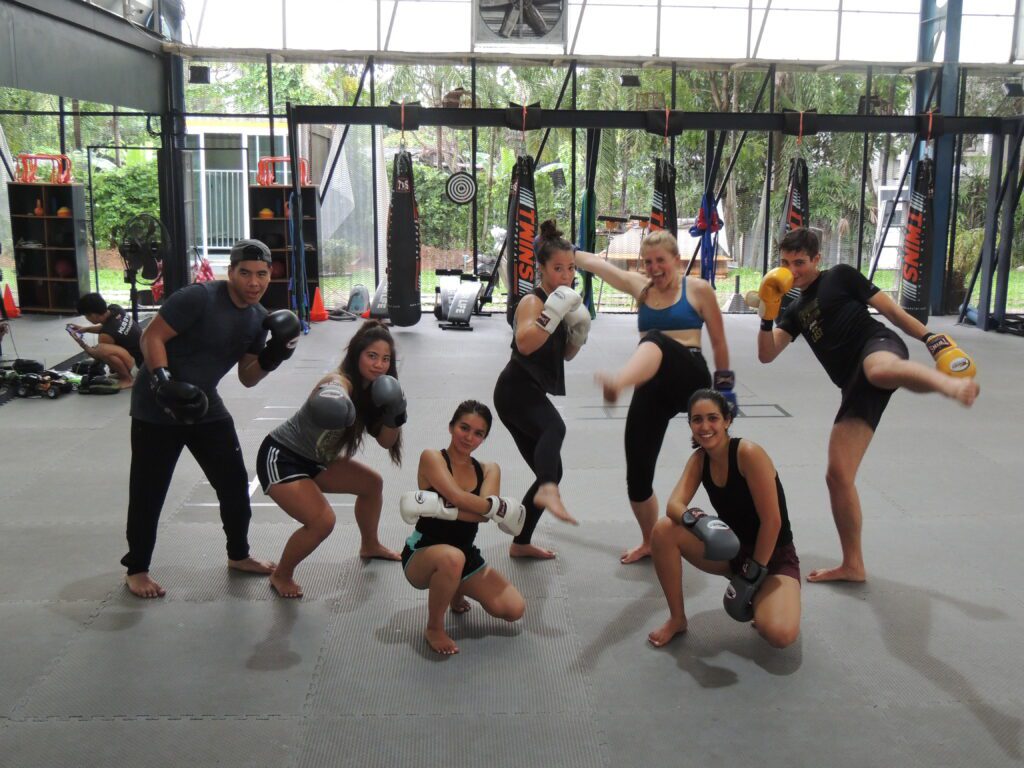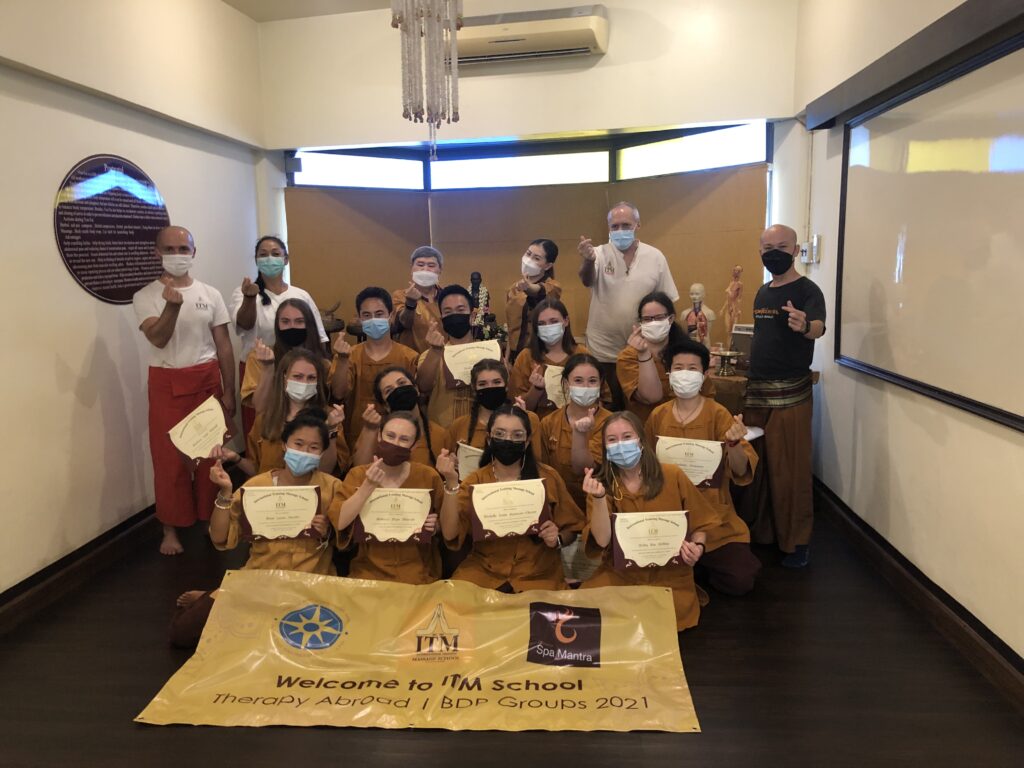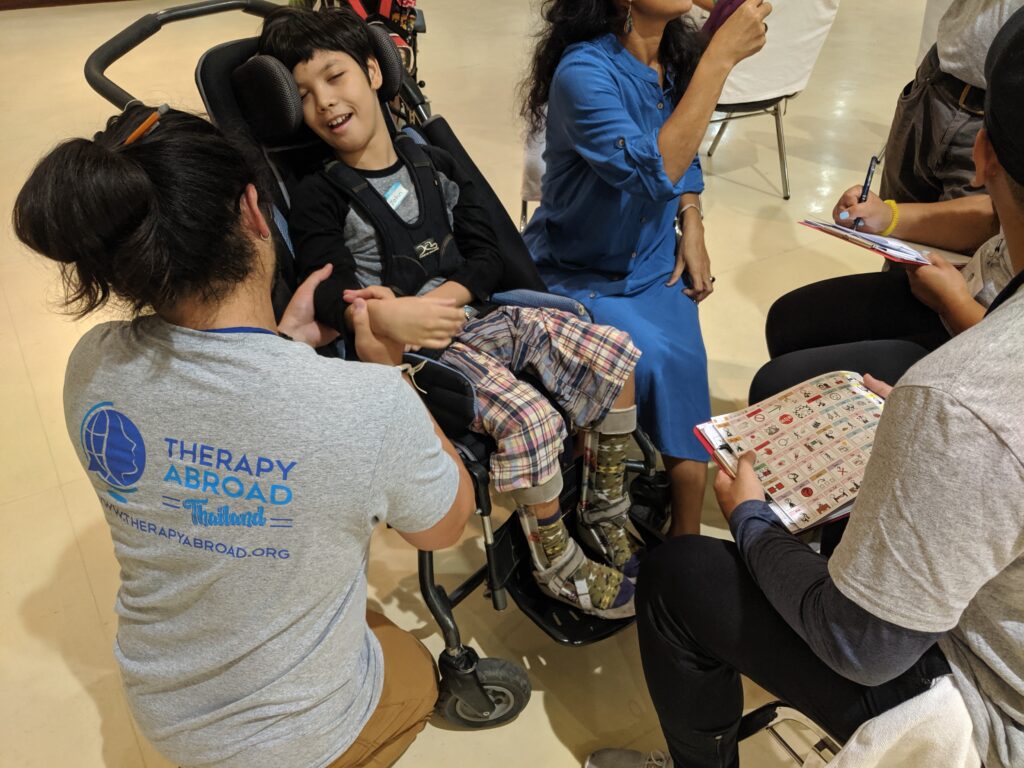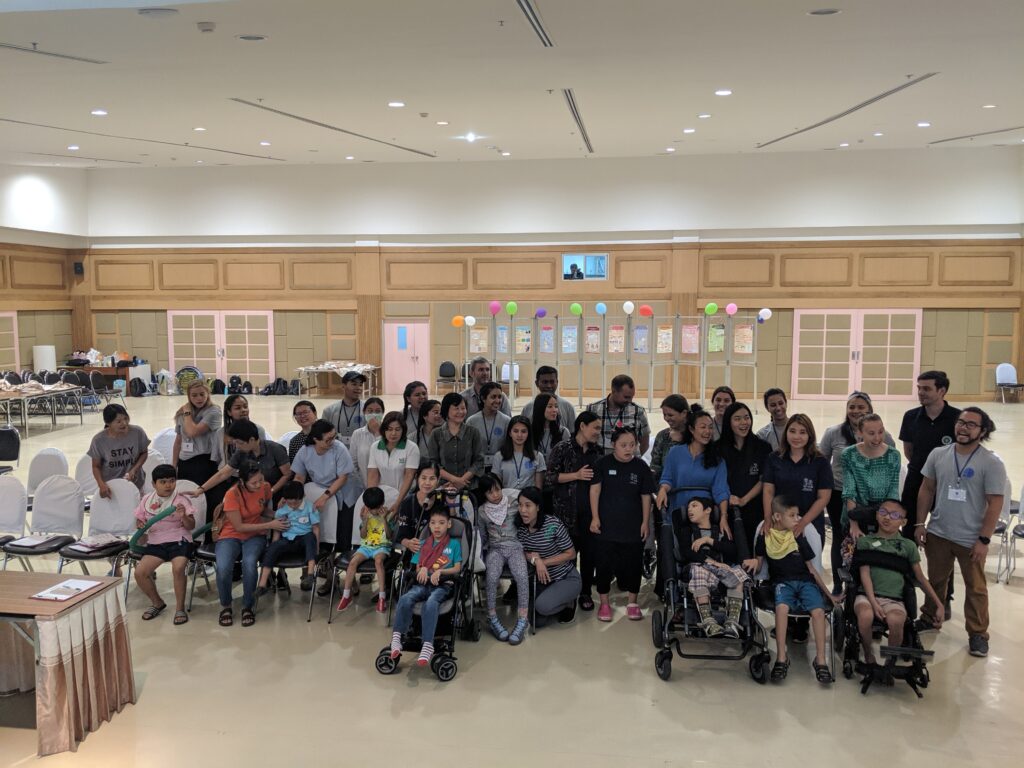A speech-language pathology career path has a lot of room for growth, opportunities, and fulfillment. By providing proper treatments, you’ll aid individuals in achieving a better quality of life. Speech-language pathologists also report higher job satisfaction without compromising a competitive salary or work flexibility.
Are you looking for career opportunities in the field of speech-language pathology? If so, consider pursuing an internship. Speech-language pathology internships will equip you with sufficient experience.
Speech and Language Pathology Internships: Frequently Asked Questions (FAQ)
Speech-language pathology aims to treat patients with challenges in speech, communication, language, cognition, or swallowing. The treatment plans range from managerial responsibilities to direct, patient-involved work. As a practitioner, you’ll meet patients of all ages and provide them with rehabilitative treatments depending on their condition.
But before you can handle the brunt of the work, you need to get accustomed to the basics. Here are some questions you might have about internships for speech-language pathology students.
What Is a Speech-Language Pathology Internship?
A speech-language pathology internship is a learning opportunity for aspiring practitioners. While theoretical knowledge is important, it’s just as valuable to put them into practice. Enrolling in a speech-language pathology internship ensures you can apply your knowledge in real situations.
Not only will you be given a chance to interact with patients—but you’ll also collaborate with a team of credible professionals. You and your team will be working in hospitals, community centers, rehabilitation facilities, and other institutions with healthcare departments.
How Long Do Speech-Language Pathology Internships Last?
There’s no rule on how long on-the-job training should last. However, as with other programs, a speech-language pathology internship will likely take place between a few months to a year. The timeframe can be longer or shorter depending on your needs and arrangement.
While spending more time on the field (and abroad) is a good idea, note that it may cause delays to other school responsibilities. Make sure you know the training period before moving forward with an internship.
What Are the Requirements?
There aren’t always requirements for a speech-language pathology internship. Some are stricter than others, so a major or degree may be a prerequisite. However, many programs consider anyone interested, though your chances will be higher if you have a background in speech-language pathology or other aspects of healthcare.
While committees won’t always look at your credentials, they will gauge if you have the skills to make the most out of the program. For instance, if the internship deals with younger patients, you must be comfortable working with children.
It’s also important to ponder the location should you decide to go abroad. You might want to avoid places with hotter climates if you don’t function well in the heat. Bring all the clothes and supplies you need if you’re working in a colder area. This can affect you (and your team) in finishing good work, or worse, you could end up being sick and unable to participate.
How Do I Get Experience in Speech-Language Pathology?
You can gain sufficient experience in speech-language pathology through practical application. For many, this is the purpose of an internship. It is a training period for those who want to participate directly in the field.
A speech-language pathologist’s responsibilities are highly social, so developing your “people skills” is necessary. Research and licensures will also form your foundation once you begin the practice. Additionally, being in a team will encourage collaboration.
What Does a Speech-Language Pathology Intern Do?
Your duties and responsibilities vary based on how much work you need to fill in for your team. As a speech-language pathology intern, you’re expected to fulfill tasks ranging from managerial to patient care. Your activities may include, but are not limited to:
- Observing and documenting whenever necessary
- Attending and participating in team meetings
- Helping with the process of diagnosis by assessing a patient’s physical and cognitive needs
- Providing accurate information on illnesses and treatment plans to patients and their loved ones
- Conducting examinations for treatment
- Engaging in direct interaction with patients
Aside from being supervised by a speech-language pathologist, you might also work with educators, physicians, psychologists, and other social workers. It’ll also be helpful to observe their approaches—there’s a lot to learn from professionals in other practices.
When Is the Best Time to Get a Speech-Language Pathology Internship?
While not impossible, it’s challenging to balance an internship while you’re dealing with school requirements. Students typically prefer working when there are no other essential responsibilities to juggle.
The best time to pursue an internship is during a break. Fortunately, there are tons of summer internships for speech-language pathology. This can help you balance productivity with rest. If you’re planning to get an internship abroad, just make sure you allot enough time to prepare and apply for speech-language pathology summer internships.
Where Can I Get Speech-Language Pathology Internships?
Schools offer most internships. In many circumstances, almost everything is taken care of—from the travel necessities to the living arrangements to the job itself. The university will also ensure that the intern is in the hands of credible departments.
However, consider taking your internships abroad if you want a more insightful experience. This cross-cultural opportunity has tons of room for growth and can diversify learning. Having your speech-language pathology assistant internship abroad will broaden your understanding of the practice. Plus, you probably don’t need to be on the honor roll—organizations like these rarely ask for demanding prerequisites.
Discover Internships for Speech-Language Pathology with Therapy Abroad
Luckily, you can find tons of speech-language pathology internships online. Many organizations are searching for qualified candidates eager to serve while learning more about the field.
Speech-language pathology paid internships abroad can be your key to a fulfilling career path. Find the best opportunities with Therapy Abroad—your reliable source for travel-based job opportunities. Connect with us to learn more.














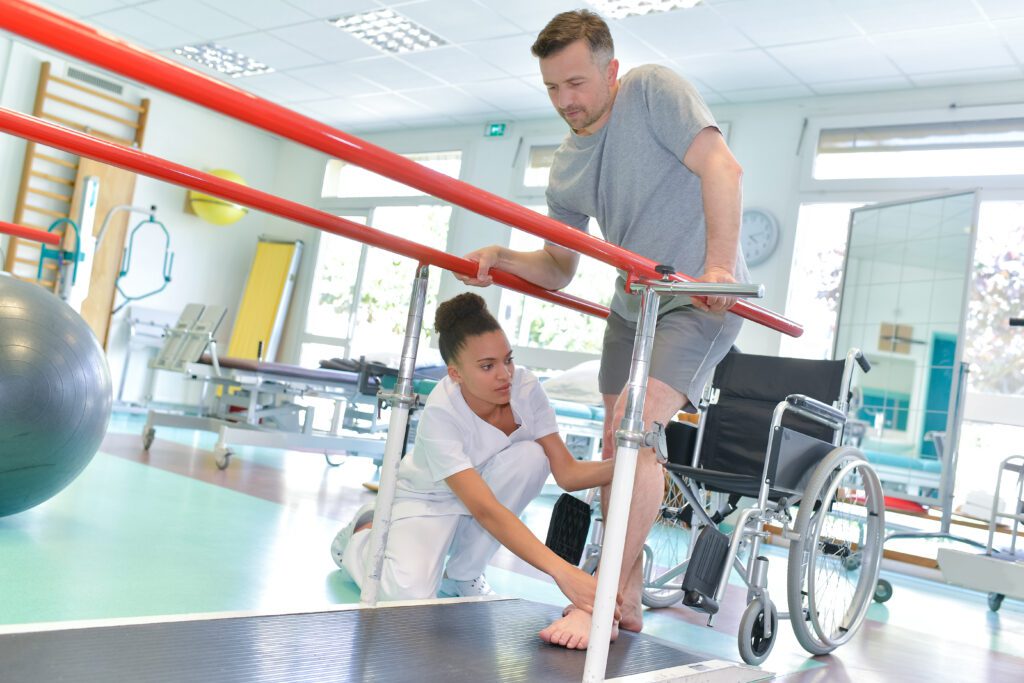












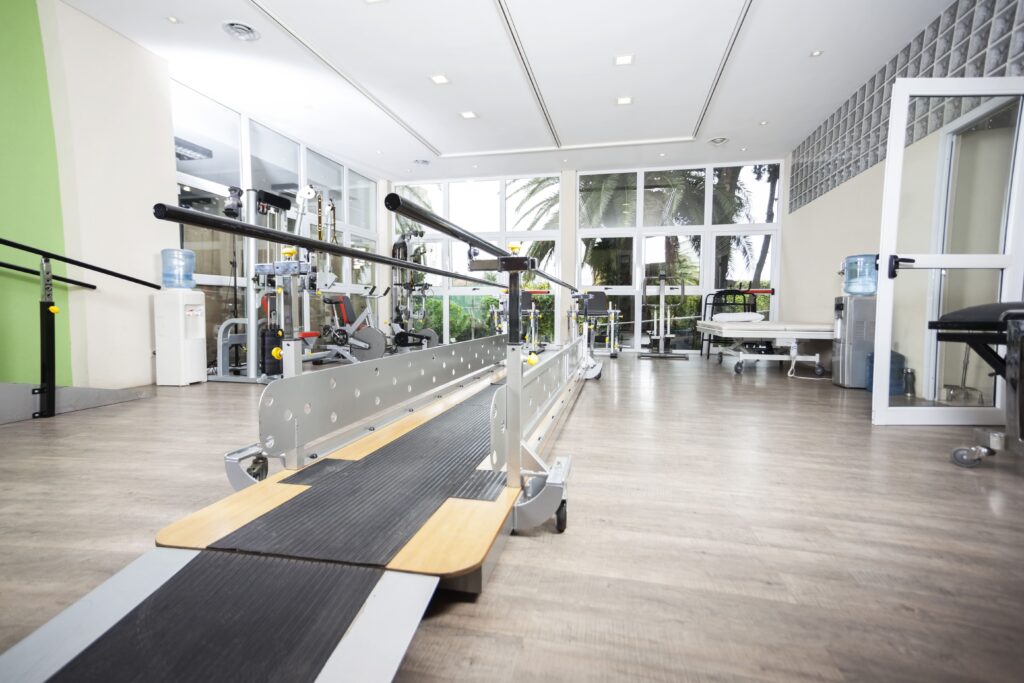



 As cliche as it sounds, studying abroad allows you to broaden your horizons and see more of the world safely and with a group just as passionate as you are. You get to witness new sights, customs, foods, environments, and ways of life that you would never be able to fully immerse in, not even in an international course. There is only so much you can learn from the books and videos.
While you might have visited other countries for leisure, you probably felt like you didn’t have enough time to fully absorb the differences in culture and truly explore, immersing yourself into the surroundings and local customs. If you’re studying in the country, you have lots more chances to do exactly that. And even while you are in class or during class activities, it’s still a different experience altogether since you get to see what life’s like for the locals.
As cliche as it sounds, studying abroad allows you to broaden your horizons and see more of the world safely and with a group just as passionate as you are. You get to witness new sights, customs, foods, environments, and ways of life that you would never be able to fully immerse in, not even in an international course. There is only so much you can learn from the books and videos.
While you might have visited other countries for leisure, you probably felt like you didn’t have enough time to fully absorb the differences in culture and truly explore, immersing yourself into the surroundings and local customs. If you’re studying in the country, you have lots more chances to do exactly that. And even while you are in class or during class activities, it’s still a different experience altogether since you get to see what life’s like for the locals.
 Unsurprisingly, enrolling in a study abroad program allows you to expand your skill set. While previous points have already touched on benefits such as speaking a new language and developing stronger cultural competence, there’s so much you can gain from the experience.
For fields like Physical Therapy or Occupational Therapy, you will be more prepared for your career. When it comes to healthcare, immersion and hands-on experience are the best ways to develop beyond basic skills by allowing you to experience unique cases that may not have been available in the classroom or clinical settings. By studying abroad, you gain a wide new range of hard and soft skills that can make you more competent in your field, therefore making you the best candidate for graduate programs and competitive employment opportunities. What do we mean by hard and soft skills?
Unsurprisingly, enrolling in a study abroad program allows you to expand your skill set. While previous points have already touched on benefits such as speaking a new language and developing stronger cultural competence, there’s so much you can gain from the experience.
For fields like Physical Therapy or Occupational Therapy, you will be more prepared for your career. When it comes to healthcare, immersion and hands-on experience are the best ways to develop beyond basic skills by allowing you to experience unique cases that may not have been available in the classroom or clinical settings. By studying abroad, you gain a wide new range of hard and soft skills that can make you more competent in your field, therefore making you the best candidate for graduate programs and competitive employment opportunities. What do we mean by hard and soft skills?
 Another major advantage of studying abroad is the opportunity to meet people from different backgrounds and build lasting relationships. Aside from widening your knowledge and gaining a broader perspective, you also get the chance to make lifelong friends on your journey.
Depending on your level of comfort while meeting new people, this may not seem as exciting on day one, but you will see and feel more comfortable as you spend more time with your classmates. If you’re feeling scared about being the odd one out, you don’t have to! Many times, you simply need to share with the other international students who are also likely in the same boat as you. So you can help each other succeed and enjoy the experience.
Whether your program lasts days, weeks, or months, you get to live and study in a new place. This gives you the chance to build personal and professional connections, which will provide value as you move along your career. Now that the Internet is extremely accessible, you’ll be able to stay in touch with your newfound friends and colleagues long after you return home.
For a PT or OT study abroad program, these interactions will be invaluable. They’ll give you insight into what it’s like to be a healthcare professional. And this is important because you’ll always be working with a diverse population of people in a clinical setting. Thus, building relationships early on can go a long way once you start practicing your field of study.
Another major advantage of studying abroad is the opportunity to meet people from different backgrounds and build lasting relationships. Aside from widening your knowledge and gaining a broader perspective, you also get the chance to make lifelong friends on your journey.
Depending on your level of comfort while meeting new people, this may not seem as exciting on day one, but you will see and feel more comfortable as you spend more time with your classmates. If you’re feeling scared about being the odd one out, you don’t have to! Many times, you simply need to share with the other international students who are also likely in the same boat as you. So you can help each other succeed and enjoy the experience.
Whether your program lasts days, weeks, or months, you get to live and study in a new place. This gives you the chance to build personal and professional connections, which will provide value as you move along your career. Now that the Internet is extremely accessible, you’ll be able to stay in touch with your newfound friends and colleagues long after you return home.
For a PT or OT study abroad program, these interactions will be invaluable. They’ll give you insight into what it’s like to be a healthcare professional. And this is important because you’ll always be working with a diverse population of people in a clinical setting. Thus, building relationships early on can go a long way once you start practicing your field of study.
 If the reasons above have you convinced about the benefits of studying abroad for your PT or OT career, we’ve got the perfect program for you. Therapy Abroad offers a carefully-crafted PT and OT program designed to give you hands-on experience and see how actual professionals work in a cross-cultural setting.
To learn more about the program, you can contact us at
If the reasons above have you convinced about the benefits of studying abroad for your PT or OT career, we’ve got the perfect program for you. Therapy Abroad offers a carefully-crafted PT and OT program designed to give you hands-on experience and see how actual professionals work in a cross-cultural setting.
To learn more about the program, you can contact us at 